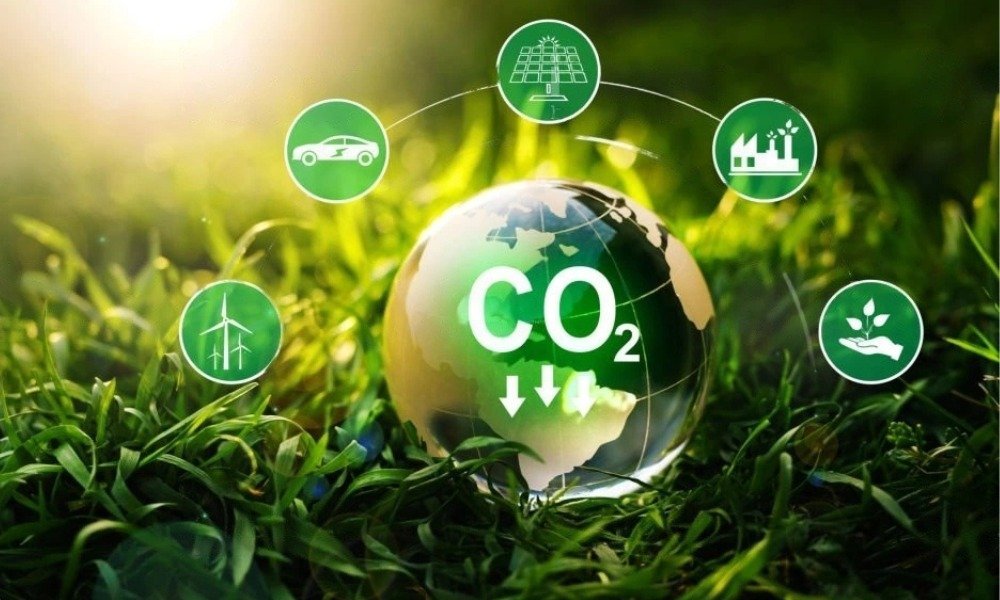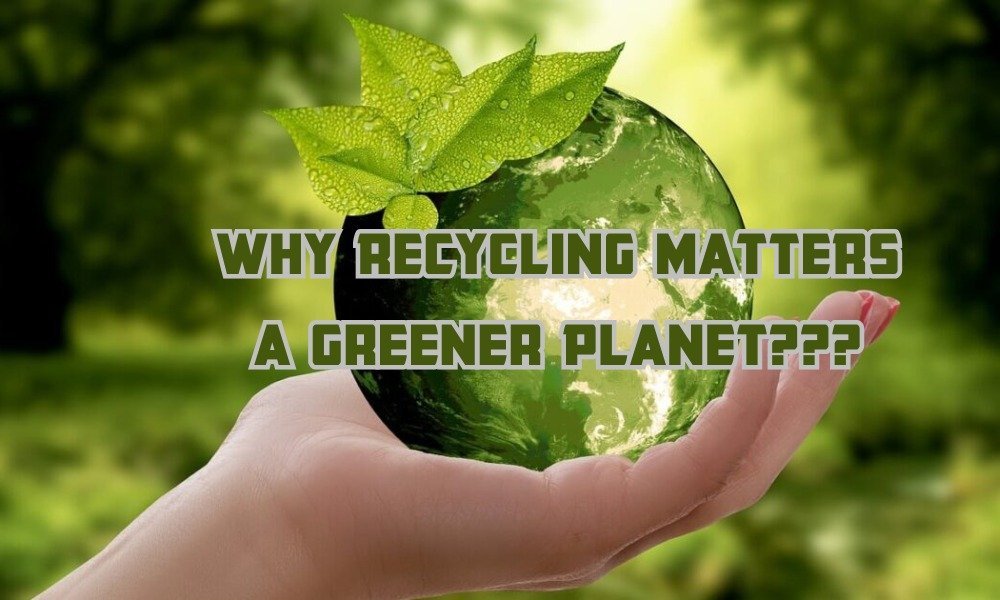Estimated reading time: 5 minutes
Recycling isn’t just a trend—it’s a practical way to reduce what we throw away, save resources, and protect the environment. Whether you’re new to it or just looking to improve, small efforts can have a lasting impact.
I’ve spent years in the waste management industry, and I can tell you one thing: we discard far more than we should. But with a little knowledge, we can change that.
What You’ll Learn in This Guide
✔ Why sorting reusable materials is important for a cleaner world
✔ How repurposing items cuts costs, saves energy, and conserves resources
✔ Common mistakes people make when disposing of everyday items
✔ Practical steps to adopt eco-friendly habits at home and work
✔ Other ways to reduce environmental impact beyond just recycling
Why Recycling Matters
I often hear people say, “Does one person separating materials really make a difference?” The answer is simple: yes.
Every time we repurpose materials instead of tossing them in the trash, we:
✔ Reduce strain on landfills
✔ Conserve energy
✔ Cut down on pollution
The good news? It’s easier than most people think.
1. It Saves Money—For You and the Economy
Disposing of things improperly has a cost. Landfills aren’t free, and cities spend millions managing unnecessary waste. By repurposing materials, we:
✔ Lower disposal costs for local governments (and taxpayers)
✔ Reduce the need for producing new raw materials
✔ Support industries that process and repurpose used products
Here’s a bonus—many companies pay for recyclables like electronics, scrap metal, and certain plastics. That’s extra cash in your pocket for making an eco-friendly choice.
2. It Extends Landfill Lifespan
Landfills fill up faster than most people realize. When they reach capacity, new ones have to be built, taking up valuable land. Sorting reusable materials keeps unnecessary items out of these sites, slowing the process.
Also, when organic material decomposes in landfills, it produces methane, a greenhouse gas that contributes to climate change. Less waste means fewer harmful emissions.
Want to get rid of clutter responsibly? Check out these decluttering tips to clear out your space without adding to the problem.
3. It Conserves Energy
Manufacturing from raw materials takes a huge amount of energy. When we reuse existing materials, production requires much less power.
For example, repurposing aluminum saves 95% of the energy needed to create it from scratch. That’s the equivalent of shutting off millions of light bulbs for an entire year—just by reusing soda cans!
The same principle applies to paper, plastic, and glass. Lower energy use means lower electricity costs and reduced reliance on fossil fuels.
4. It Reduces Pollution

Recycling isn’t just about keeping things out of the trash—it directly impacts air and water quality.
✔ Less incineration means fewer toxins released into the atmosphere.
✔ Less mining and deforestation reduces damage to ecosystems.
✔ Proper disposal of electronics keeps hazardous materials like lead and mercury from contaminating soil and water.
E-waste is a growing issue, with discarded phones, computers, and other electronics piling up in landfills. Instead of tossing them, look for safe disposal programs that give these items a second life.
Curious about what happens to your old devices? Learn more in this guide on the recycling process.
How to Recycle the Right Way
I’ve seen a lot of well-intentioned people try to separate materials, only to do it incorrectly. Here’s how to do it properly.
1. Learn Local Guidelines
Rules for separating materials vary by location. Some areas accept all plastics, while others limit it to specific types. Always check your local waste management website for details.
2. Clean and Sort Before Tossing
Food residue can contaminate entire loads, causing everything to be discarded instead of repurposed. Give containers a quick rinse before placing them in the bin.
3. Avoid Common Mistakes

Plastic bags don’t belong in curbside bins – Most facilities can’t process them properly. Instead, take them to drop-off points at grocery stores.
Greasy pizza boxes aren’t recyclable – The oil prevents the paper from being repurposed. Compost them instead.
Not everything with a recycling symbol is accepted – Check your area’s guidelines to be sure.
Want to avoid these mistakes? Read about common recycling errors.
Beyond Recycling: Other Ways to Reduce Waste
Sorting materials correctly is a great start, but it’s just one piece of the puzzle. Here are more ways to cut down on waste.
1. Reduce First, Then Reuse
The best way to manage trash? Create less of it.
✔ Choose products with minimal packaging.
✔ Use reusable bags, bottles, and containers.
✔ Repair instead of replacing whenever possible.
2. Compost Food Scraps
A huge portion of what we throw away is organic waste. Instead of sending it to the landfill, compost it! It’s great for gardens and keeps unnecessary waste out of disposal sites.
3. Support Sustainable Brands
Look for companies that use recycled materials, eco-friendly packaging, and ethical production methods. When businesses see demand for sustainability, they’re more likely to make responsible choices.
For businesses looking to reduce their environmental footprint, check out these waste reduction tips.
Final Thoughts: Small Changes, Big Impact
Recycling is important, but the way we manage materials today determines our future. It’s not about being perfect—it’s about making better choices, one step at a time.
✔ Follow local recycling guidelines.
✔ Reduce unnecessary waste whenever possible.
✔ Support companies that prioritize sustainability.
If you’re getting rid of old items, think twice about where they go. Hiring professionals can help make sure things are handled responsibly.A cleaner planet starts with small, everyday decisions. Let’s make them count.



